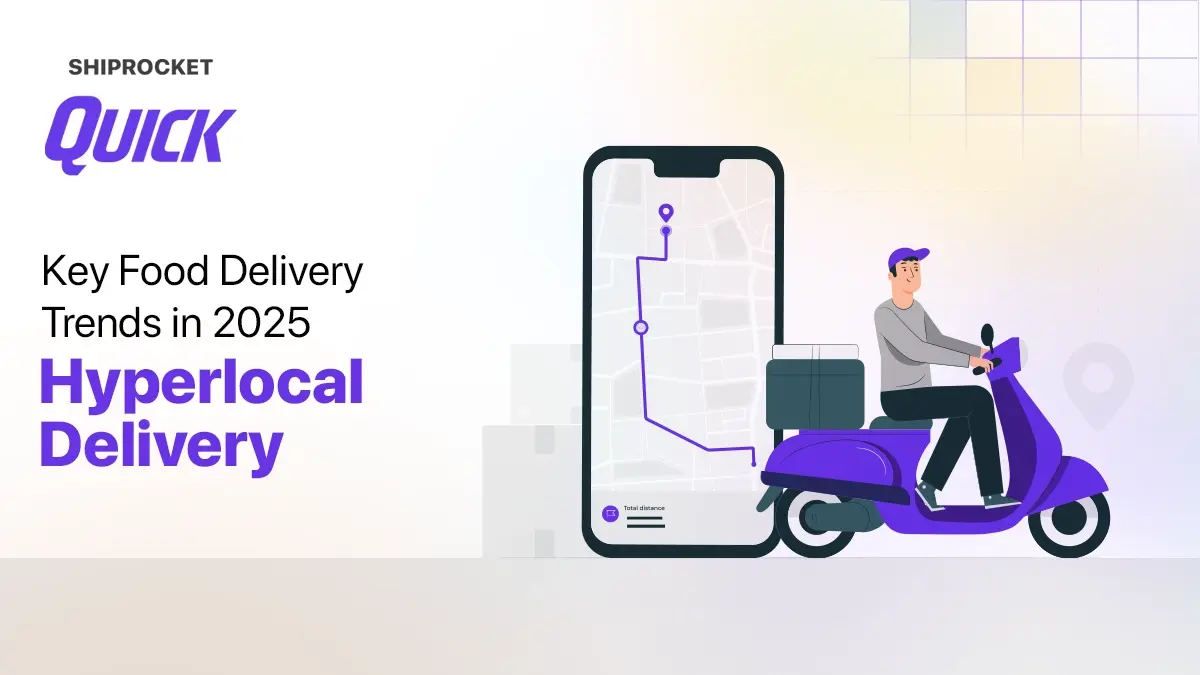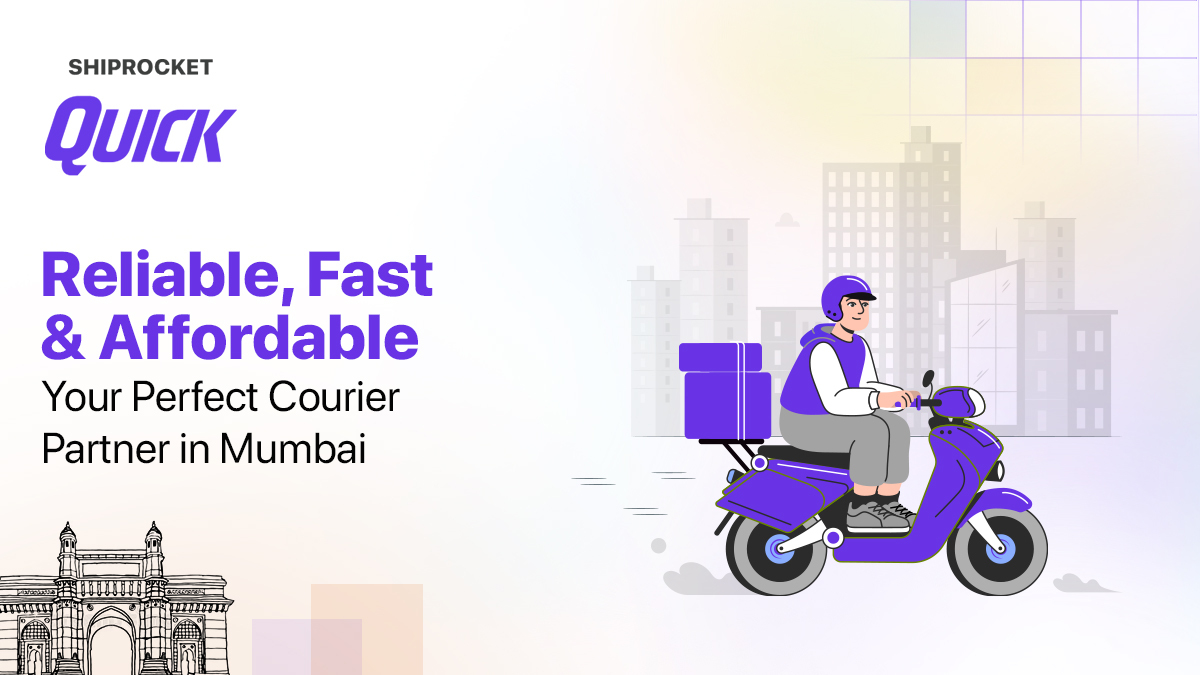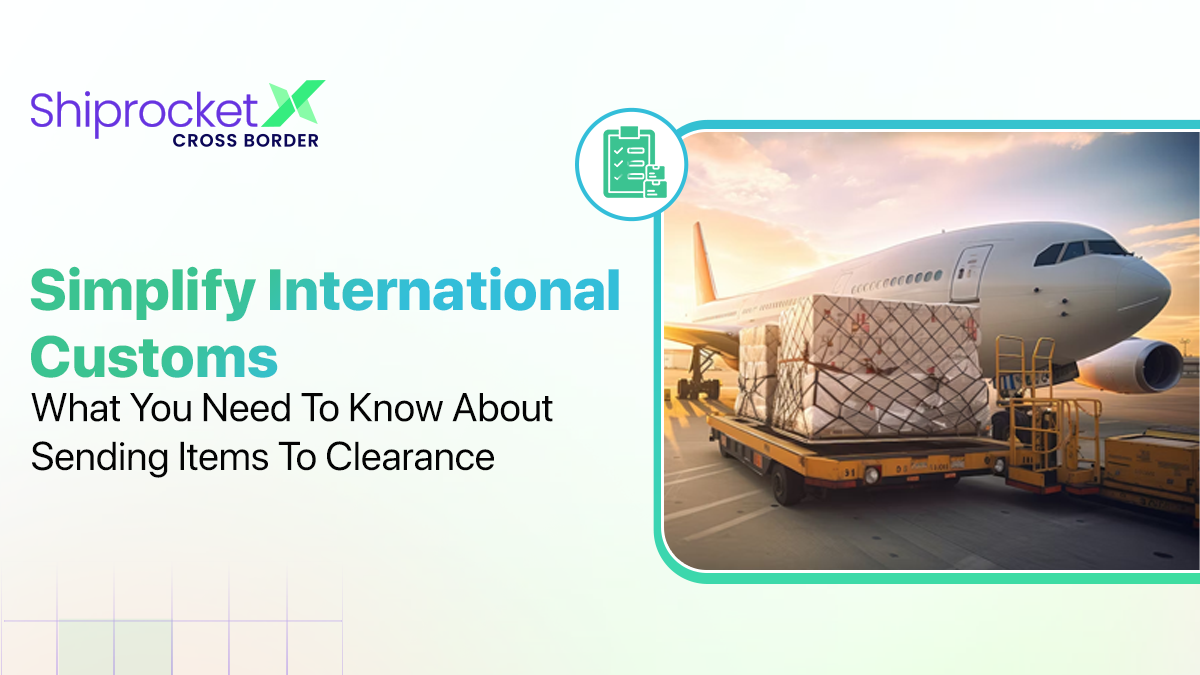Logistics Services: Definition, Types and Top Service Providers
A business that sells products and services needs an efficient delivery system. Whether the products are sold online or not, shipping services and logistics are crucial for moving products from one point to another. While a single-person eCommerce business may start with the post office, upgrading to better shipping processes and providers becomes necessary as the business grows. This is where logistics providers offer specialised expertise in handling enterprise shipment procedures. They help coordinate the efficient delivery of products to their intended destinations.

In this article, we will delve into logistics services, exploring their definition, types, and role in business and highlighting some of the top logistics service providers in the eCommerce industry.
Defining Logistics Services
Between manufacturing and delivering products to customers, several procedures come into play. Products are stored in warehouses until orders are placed. Then suitable means of transport are arranged to provide the products to postal carriers or retailers, who deliver them to customers. Transportation is a complex process with various elements, including weather conditions, that can disrupt the process and cause losses. Logistics services oversee these matters, coordinating transportation services to ensure a smooth product flow. For example, logistics providers strategically combine customer shipments to utilise trucks and avoid delivery delays.
The Types of Logistics Services
There are many types of logistics services. We cover the four most commonly used types of logistics services
1. Warehousing Services:
Warehousing services involve the storage, handling, and management of inventory. Companies can have warehouses or partner with third-party logistics providers (3PLs) offering shared or dedicated warehousing solutions. These services help optimise inventory levels, ensure timely order fulfilment, and provide flexibility in managing seasonal demand fluctuations.
2. Transportation Services:
Transportation services are a vital component of logistics. They involve the movement of goods from one location to another using trucks, ships, trains, and aeroplanes. Effective transportation services ensure timely delivery, optimise routes, and minimise costs.
3. Order Fulfillment Services:
Order fulfillment services focus on efficiently processing and shipping customer orders. It includes picking and packing items, labelling, managing shipping documents, and coordinating with shipping carriers to ensure timely and accurate delivery. Order fulfillment services are essential for eCommerce businesses with high order volumes.
4. Inventory Management Services:
Inventory management services involve tracking and controlling inventory levels to ensure optimal stock availability while minimising holding costs. It includes demand forecasting, stock replenishment, and implementing inventory management systems to accurately track product movement and availability.
The Role of Logistics Services in Business
Logistics management is a critical element of supply chain management that focuses on fulfilling customer needs through effective planning, controlling, and execution of goods’ movements. It involves managing the entire flow of goods and associated services and providing information on the actions and status of inventory. Here are some key reasons why logistics services are essential:
- Efficient Supply Chain Management:
Logistics services facilitate efficient supply chain management, ensuring the smooth flow of goods from suppliers to customers. Businesses can minimise costs, reduce lead times, and improve customer satisfaction by optimising transportation, warehousing, and inventory management.
- Customer Satisfaction and Retention:
Timely and accurate delivery is crucial for customer satisfaction. Logistics services help businesses meet customer expectations by ensuring that products are delivered on time and in excellent condition. Satisfied customers are more likely to become repeat customers, increasing customer retention and loyalty.
- Cost Optimisation:
Effective logistics services help businesses optimise transportation, warehousing, and inventory management costs. Companies can reduce unnecessary expenses and improve their bottom line by identifying the most efficient routes, consolidating shipments, and implementing inventory control measures.
- Scalability and Flexibility:
As businesses grow, logistics services provide the scalability and flexibility needed to meet increasing demand. Partnering with logistics service providers allows companies to access additional resources, infrastructure, and expertise without making significant upfront investments.
Thus, logistics management helps organisations cut costs and improve customer service by adhering to industry standards and customer requirements while implementing plans and strategies. Logistics services play a critical role in the success of businesses across industries.
Top Logistics Service Providers for eCommerce
For eCommerce businesses, efficient logistics are essential for timely and reliable deliveries. Here are some of the leading logistics service providers in the industry:
- FedEx: As a renowned global logistics service provider, FedEx offers a comprehensive range of transportation and delivery solutions. With its extensive network and advanced tracking capabilities, FedEx is highly regarded for its reliable and efficient services, particularly for eCommerce businesses.
2. UPS: Another major player in the logistics industry, UPS provides comprehensive shipping and logistics solutions. With a strong focus on technology-driven operations and a robust global presence, UPS offers tailored services that cater to the specific needs of businesses engaged in eCommerce, regardless of their size.
3. DHL: Its services encompass express shipping, freight transportation, and supply chain management. DHL’s extensive expertise in global logistics makes it an excellent choice for eCommerce businesses with international operations, ensuring seamless cross-border transactions.
4. Amazon Logistics: Amazon Logistics is specifically designed to handle the shipping and delivery needs of the eCommerce giant. With its vast resources and innovative solutions, Amazon Logistics offers end-to-end logistics services for businesses selling on the Amazon platform, enabling them to leverage Amazon’s extensive reach and customer base.
5. Shiprocket: Shiprocket is an all-in-one logistics solution that offers a range of services, including inventory management, warehouse management, packaging, and efficient order fulfillment. Shiprocket provides comprehensive logistics support to help eCommerce businesses streamline their operations and enhance overall efficiency.
By partnering with these top logistics service providers, eCommerce businesses can optimise their supply chain management, ensure timely deliveries, and deliver exceptional customer experiences. Efficient logistics enable products to reach the right place, at the right time, in optimal condition, and at an optimal cost, driving success in the eCommerce industry.
Conclusion
Logistics services are beneficial for businesses of all sizes in the eCommerce industry. From warehousing and transportation to order fulfilment and inventory management, logistics services ensure a smooth flow of goods and information throughout the supply chain. Many providers have perfected these processes over the years, and finding the right logistics service provider is crucial for business success. By partnering with top logistics service providers like FedEx, UPS, DHL, Amazon Logistics, and Shiprocket, businesses can leverage their expertise and infrastructure to streamline operations and deliver exceptional customer experiences.
Frequently Asked Questions(FAQs)
Logistics services play a crucial role in customer satisfaction by ensuring timely and accurate delivery of products. Customers receiving their orders promptly and in excellent condition enhances their overall experience and fosters positive brand perception.
When choosing a logistics service provider, businesses should consider factors such as reliability, geographic coverage, track record, technological capabilities, cost-effectiveness, and the ability to scale with the business’s growth.
Logistics services can help optimise costs by identifying the most efficient transportation routes, consolidating shipments to reduce transportation expenses, implementing inventory control measures to minimise holding costs, and leveraging technology for better resource allocation.






